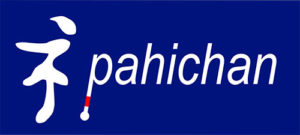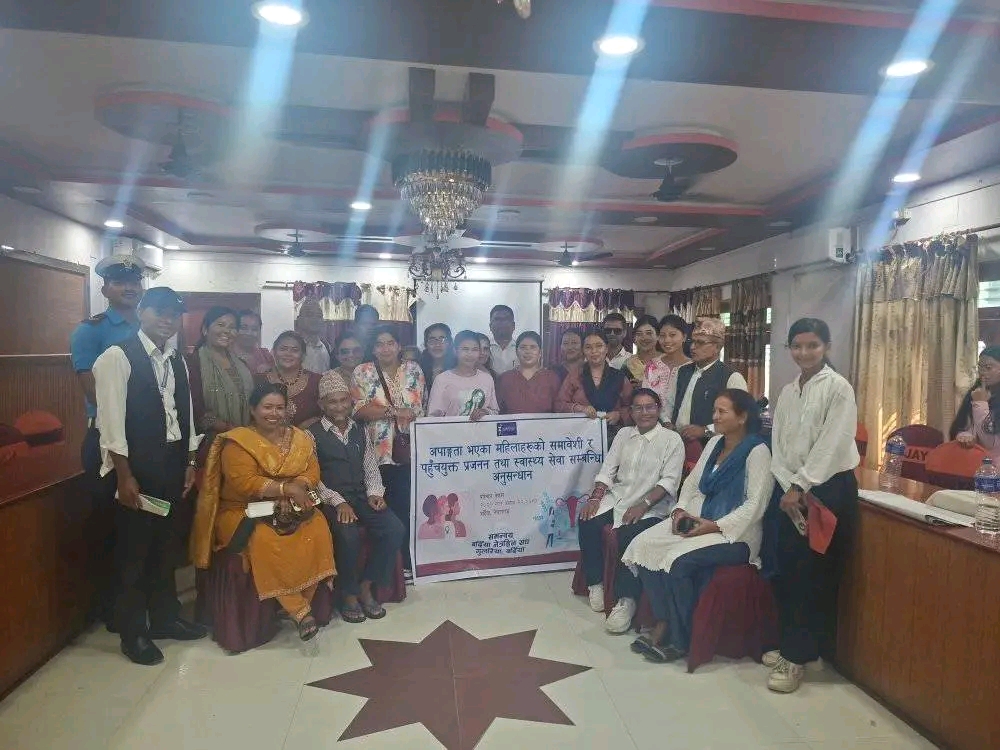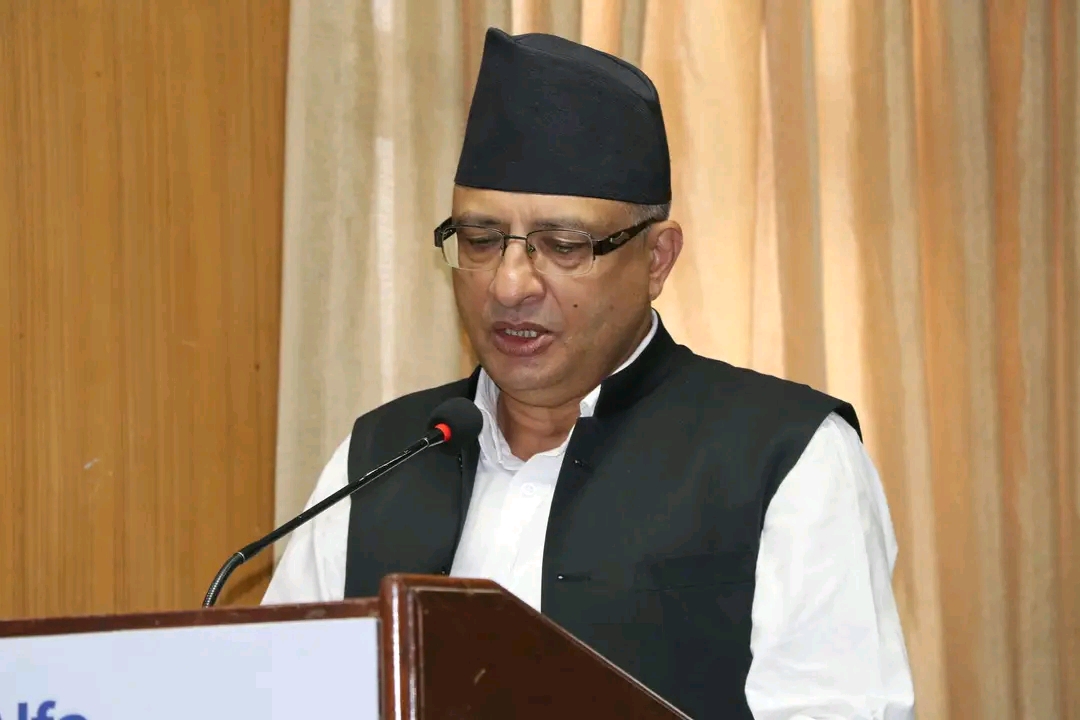
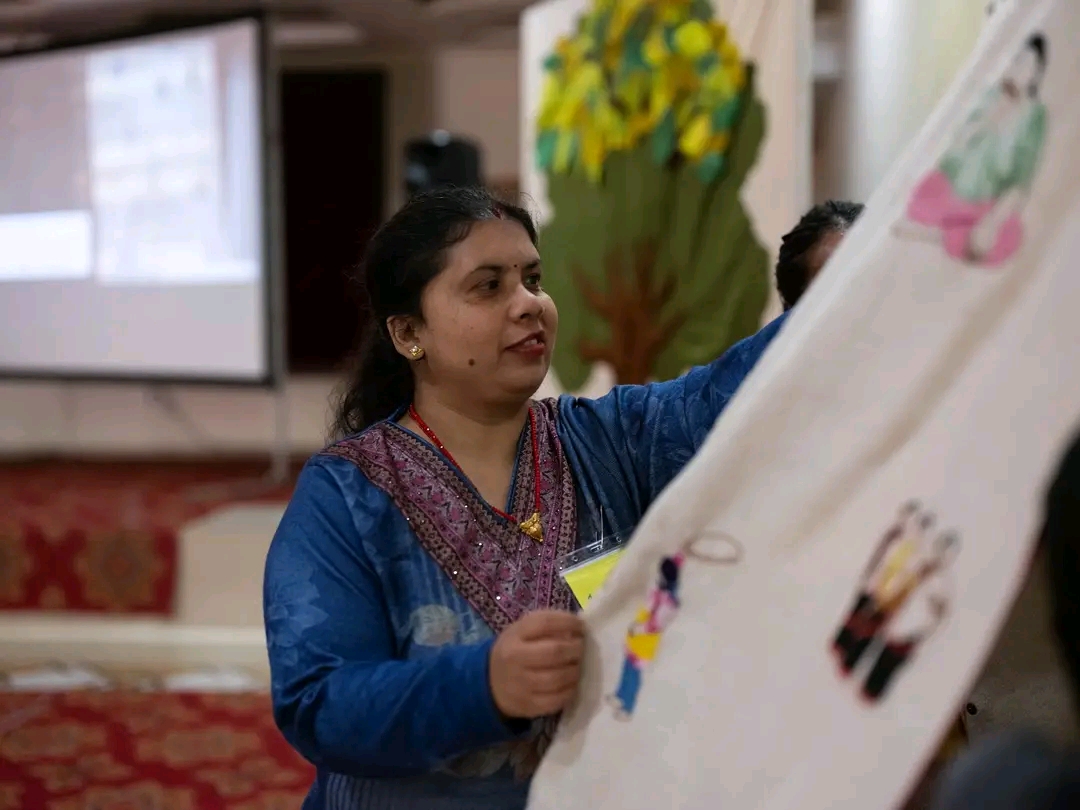
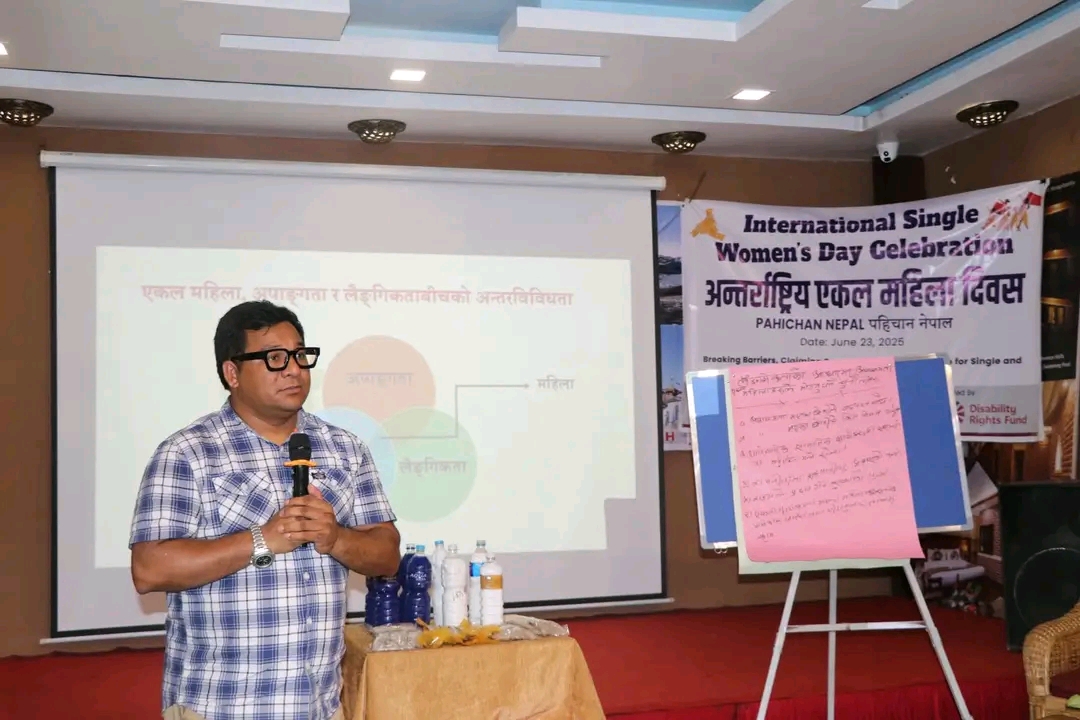

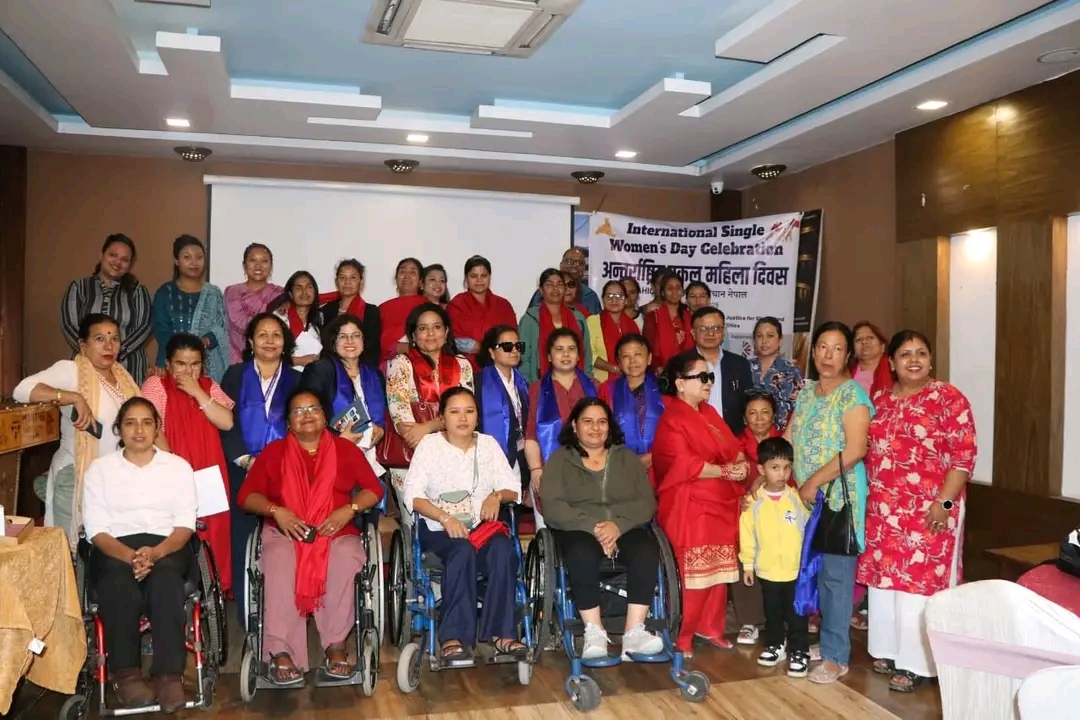

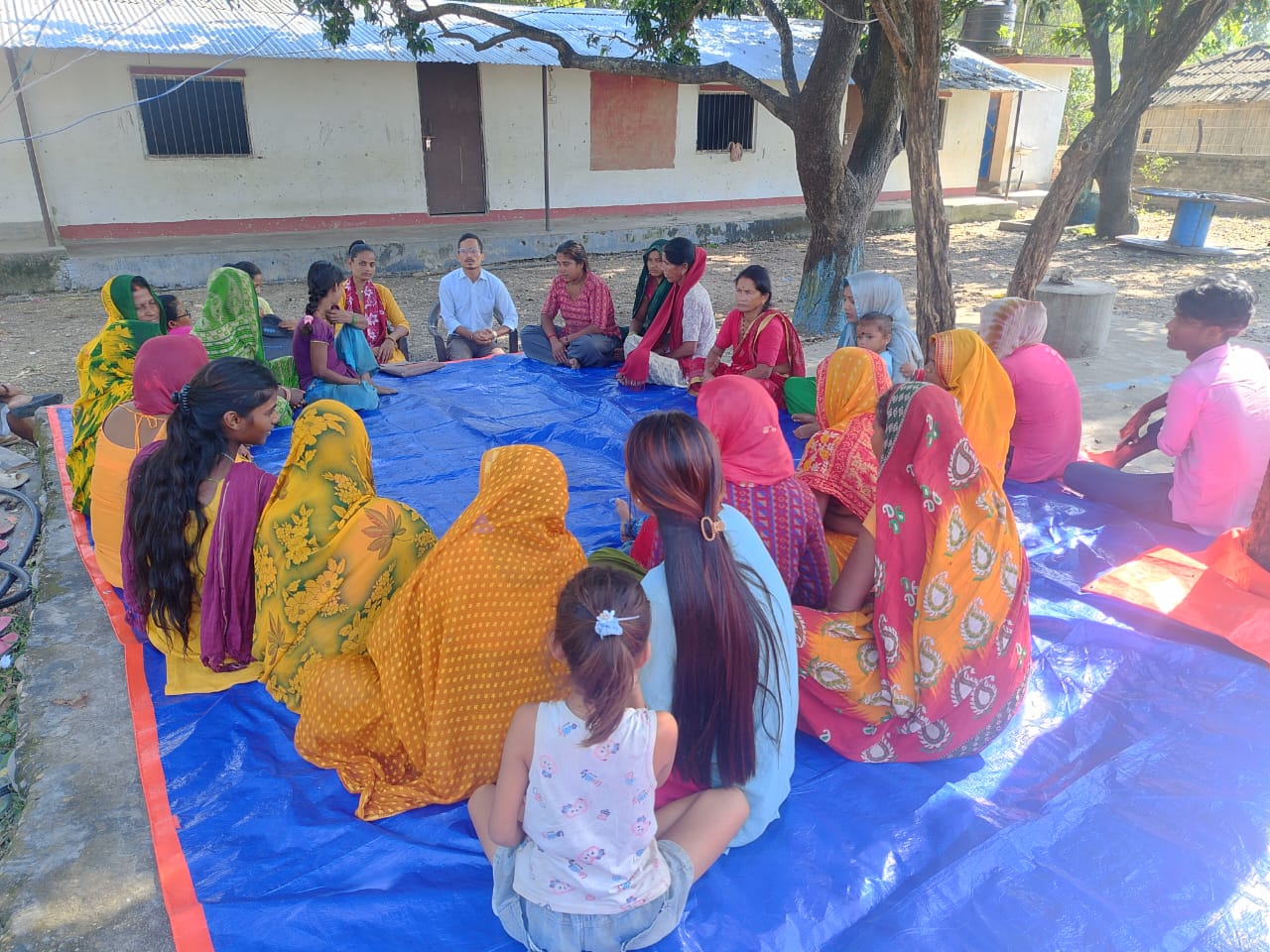
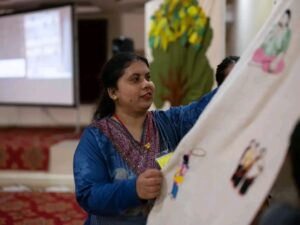
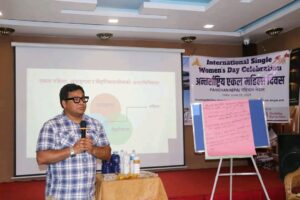
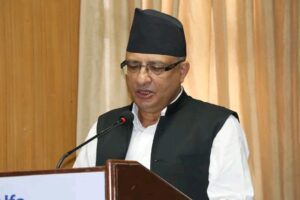
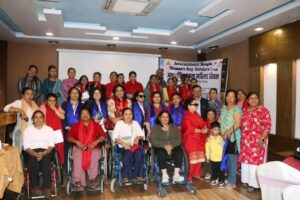

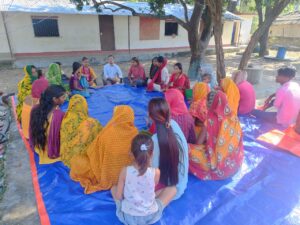
About Pahichan

Pahichan Nepal is a self-help, non-profit organization dedicated to empowering and uplifting single and marginalized women with disabilities in Nepal. In a deeply patriarchal society, women, especially those with disabilities, are often seen as a burden rather than individuals with rights and potential. The cultural and social norms surrounding gender roles place women in subordinate positions, and for those with disabilities, these roles are further diminished. Single women with disabilities are particularly vulnerable, as societal expectations strongly favor marriage as a status of worth and security for women. This dual marginalization results in significant barriers, from access to healthcare and education to legal rights and social participation. Single and marginalized women with disabilities in Nepal continue to face a harsh reality of exclusion, discrimination, and limited opportunities, underscoring the need for targeted efforts to address both the societal stigma and the structural inequalities that perpetuate their marginalization.
What We Do


Free Volunteer service
We provide free Volunteer service for women with disability to visit hospital for health check-up
Communal Houses
The project aims to provide a secure basis for Pahichan to start showing how young single disabled women can be empowered and ‘find identity’, despite all the barriers they face. It is NOT a ‘one size fits all’ solution to this double burden of discrimination in Nepal’s patriarchal society, but a route to escape traditional roles as family chattel or worse. Women will have the chance to start becoming financially self-sufficient, while living in the relative security of a shared women’s house where they can pool costs and support each other. The house will provide a springboard for them, a model to leverage further support from government and other organisations, and to spread the idea more widely.

R-Rehabilitation & Rights
This is so much more than physical aids and appliances (e.g. white canes, therapies) encompassing attitude shift among disability women themselves to understand their human rights, and practical support to realize their potential.

E-Education
Facilitating skills and entrepreneurship training to build economic independence, and education (agree entitlement for women with disabilities in Nepal)
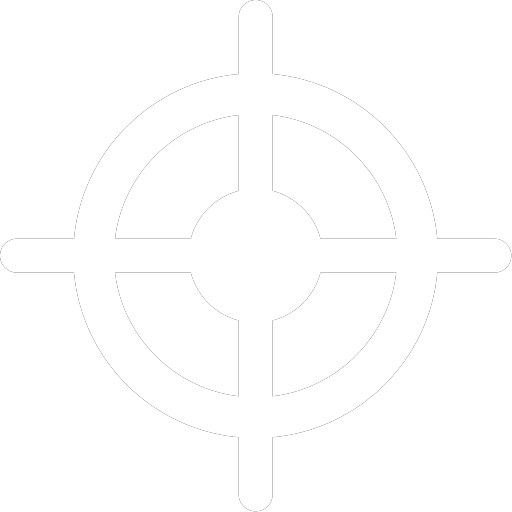
A-Advocacy for Access
For and with each individual woman who joins the residence, based on her identified needs AND wider advocacy for women who are single and with disabilities.

L-Linkage & Networking
Creating a strong unity of single women with disability, linking up with Nepal’s disability and general women’s organizations, government, local NCOs' and I/NGOs’.
Our Activities

